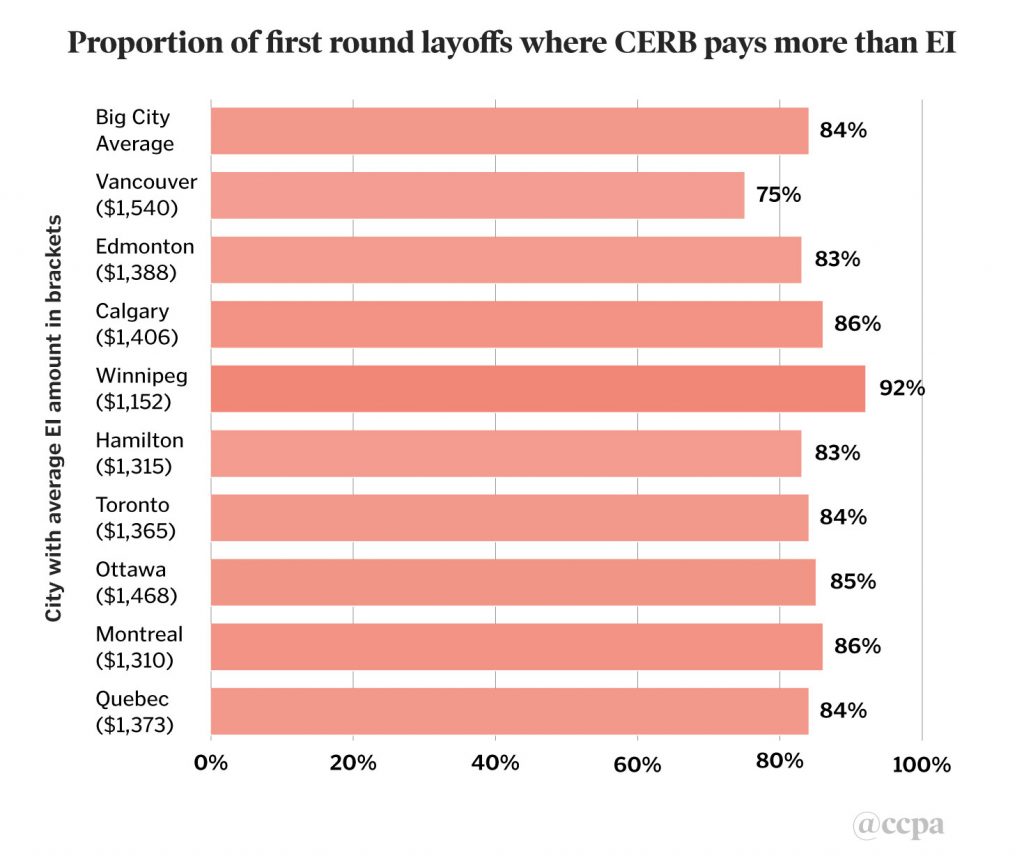In response to the financial hardships many Canadians suddenly faced in wake of the coronavirus pandemic, the federal government unveiled a series of stimulus options as a means of mitigating the resulting economic damages. One form of available aid is the Canada Emergency Response Benefit (CERB), which has been running since the beginning of April. Thus far, a total of 8.41 million Canadians have received CERB benefits, which equates to an approximate dollar value of $43.51 billion.
Since the CERB budget went well over its initially earmarked $35 billion, the federal government increased said budget to $60 million in May. However, the government recently proposed legislation that would see the program further extended, as a means of allowing Canadians that are still unable to return to work some sort of financial cushion. Parliamentary Budget Officer Yves Giroux analyzed the Liberal’s proposal, and attached a startling price tag to the potential legislation.
Under one scenario, if the program is extended until January 2021 while the maximum number of allowable weeks is increased from 16 to 28, the ultimate cost would equate to approximately an additional $57.9 billion. If on the other hand the program is based on an extension of 12 more weeks, but also encompasses a reduction of 50 cents per each dollar earned over $1,000, the total cost would amount to a further $64 billion. As per the proposal, if the program does end up being extended, those individuals that are able to safely return to work or are called upon by their employer will be ultimately cut of from receiving benefits.
When the bill was introduced, it failed to gain unanimous support from the opposition parties. Given that the federal government has several benefit programs on the go as a means of softening the financial pressure faced by Canadians as well as businesses, further extending one program could hinder the financial capability of another program. Ultimately, it will become a game of trade-offs, either resulting in reduced spending somewhere else, or increased taxes for Canadians down the road.

Information for this briefing was found via Bloomberg and Government of Canada. The author has no securities or affiliations related to this organization. Not a recommendation to buy or sell. Always do additional research and consult a professional before purchasing a security. The author holds no licenses.









